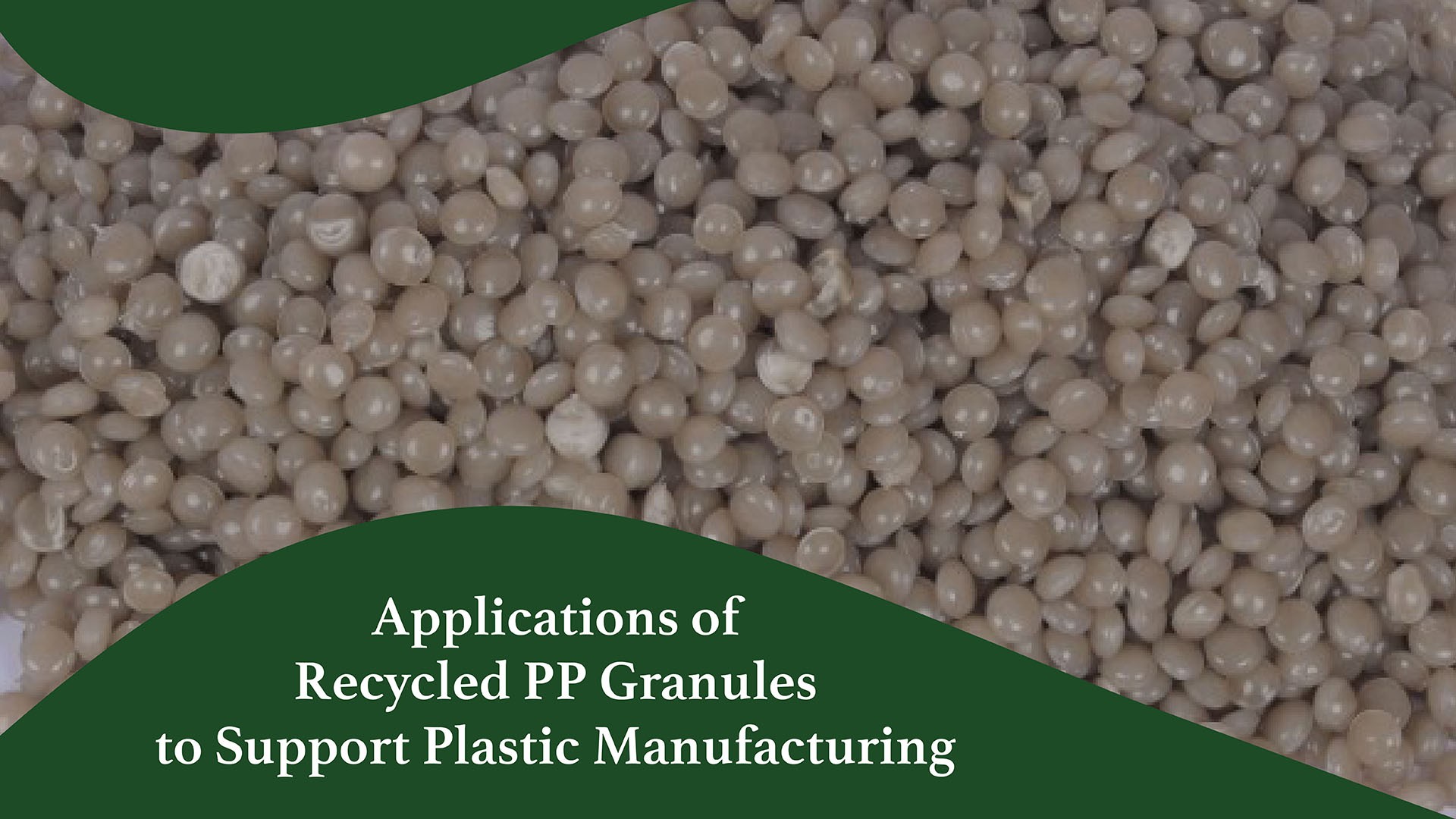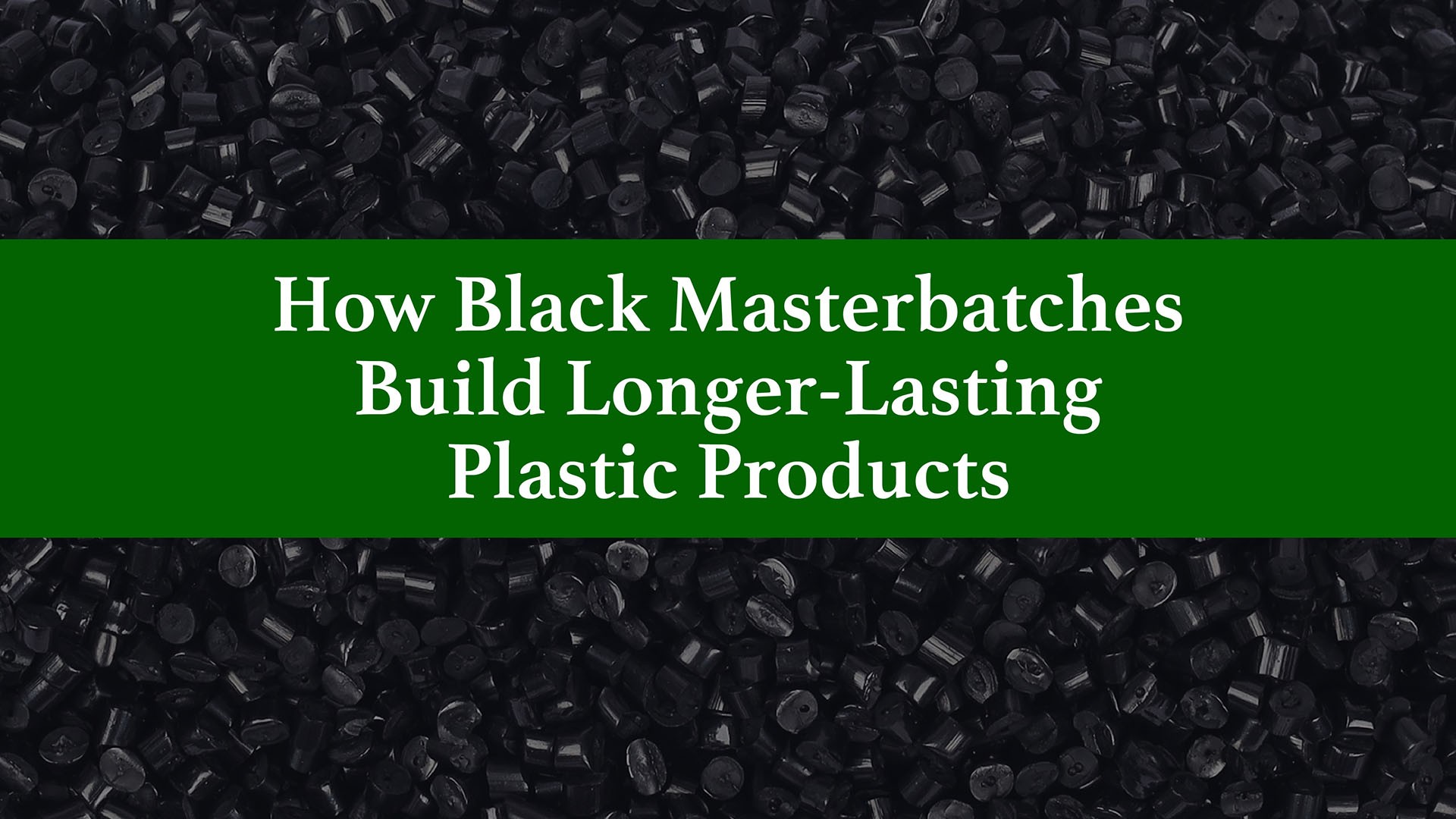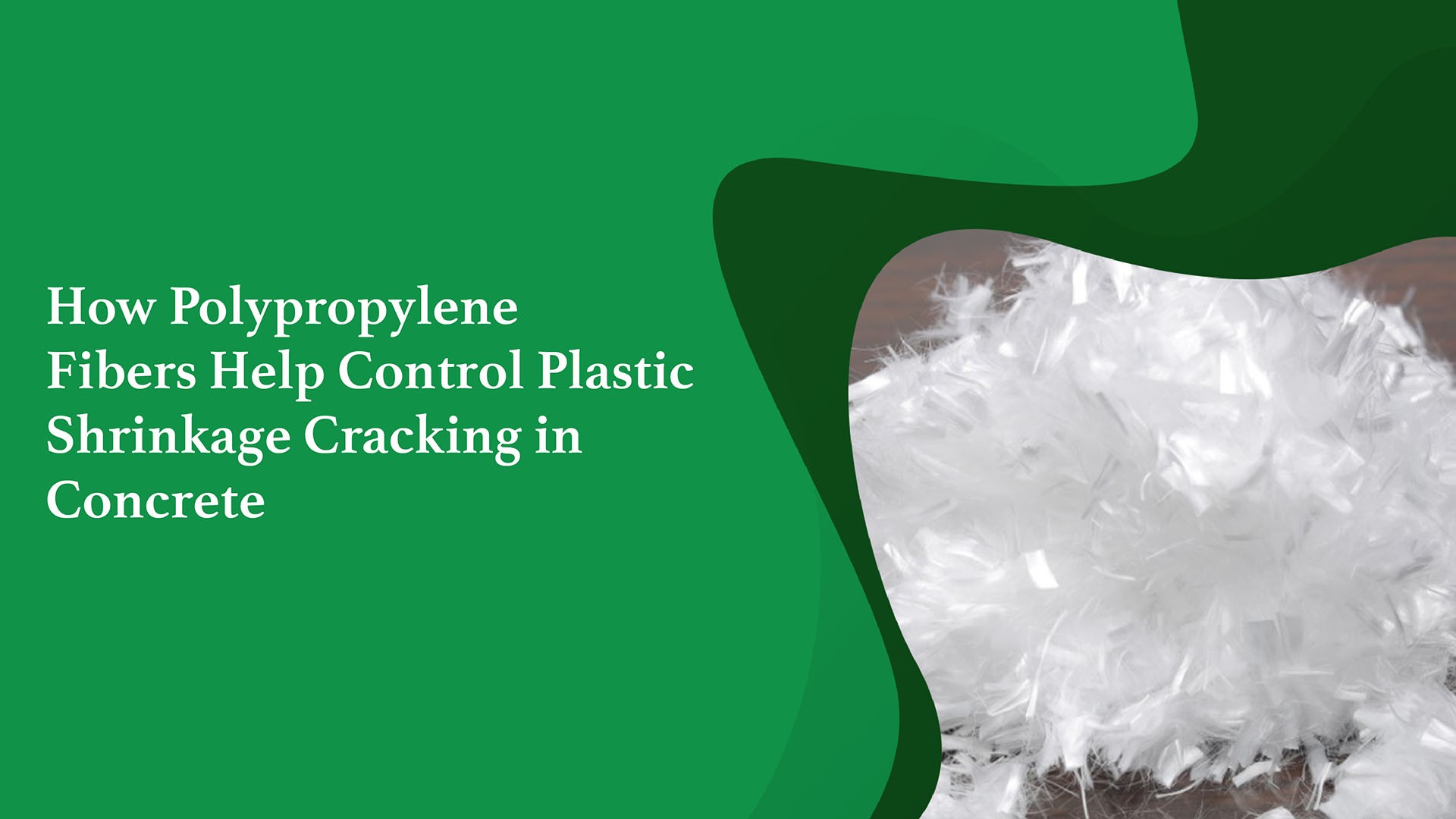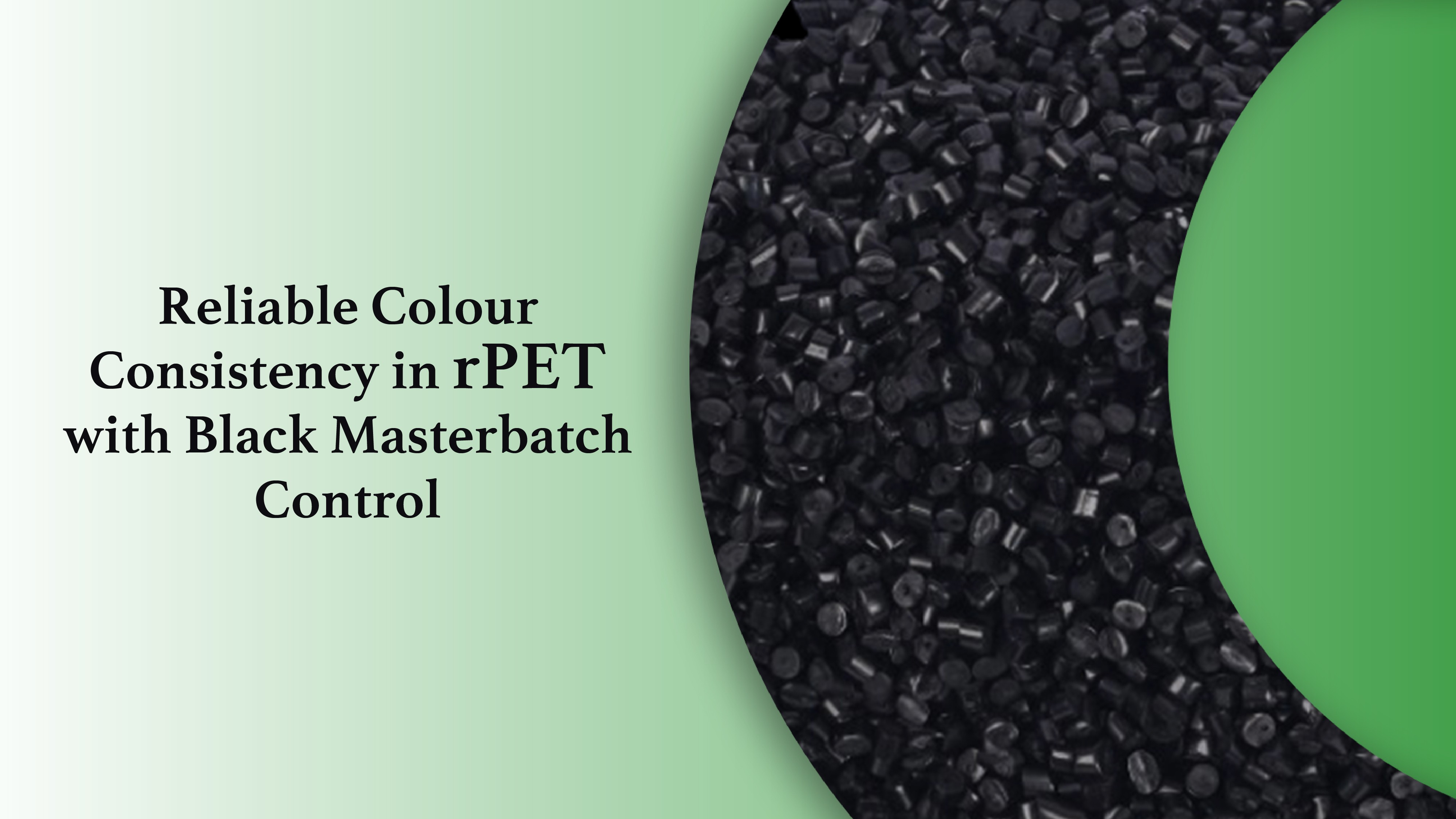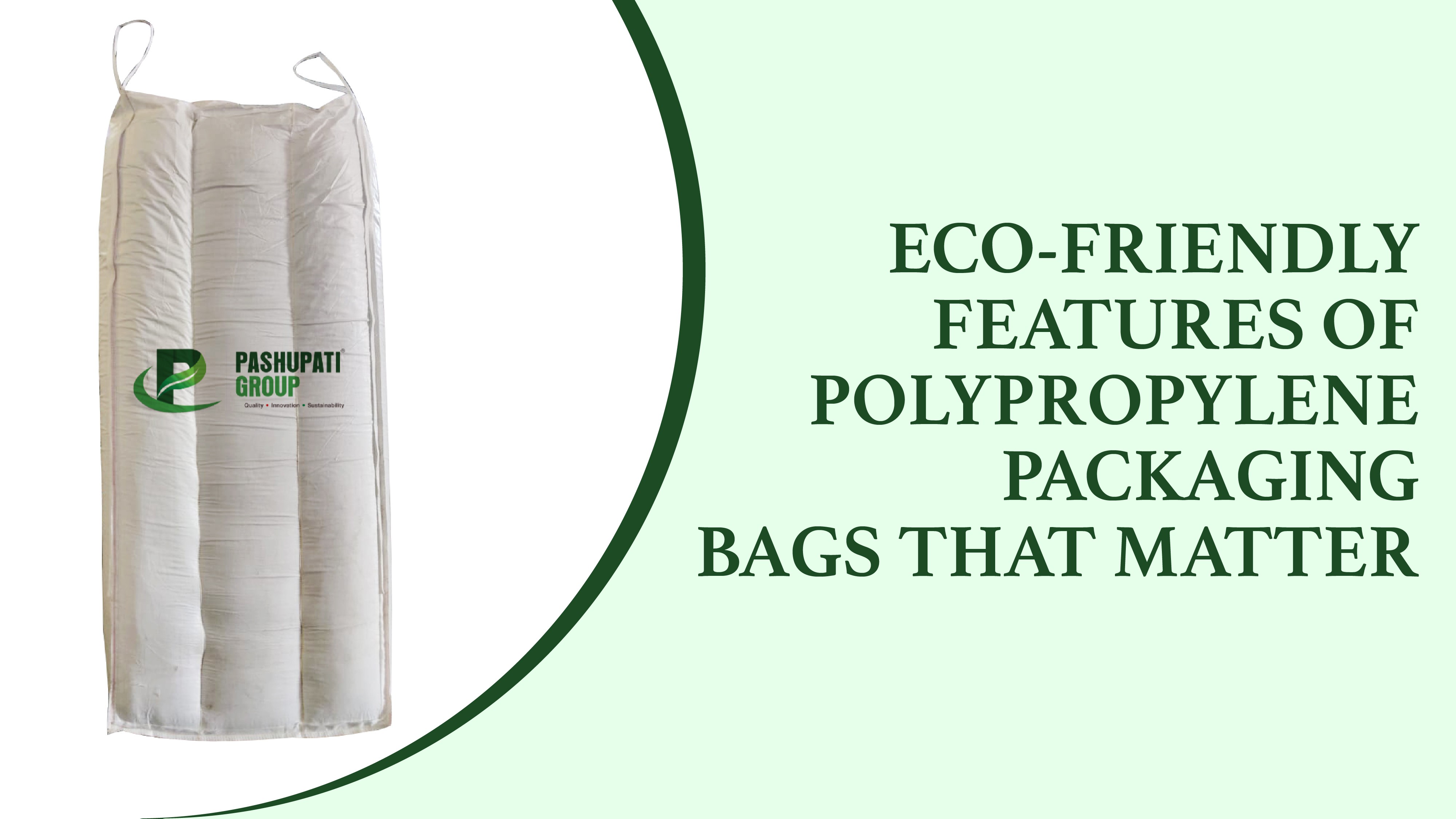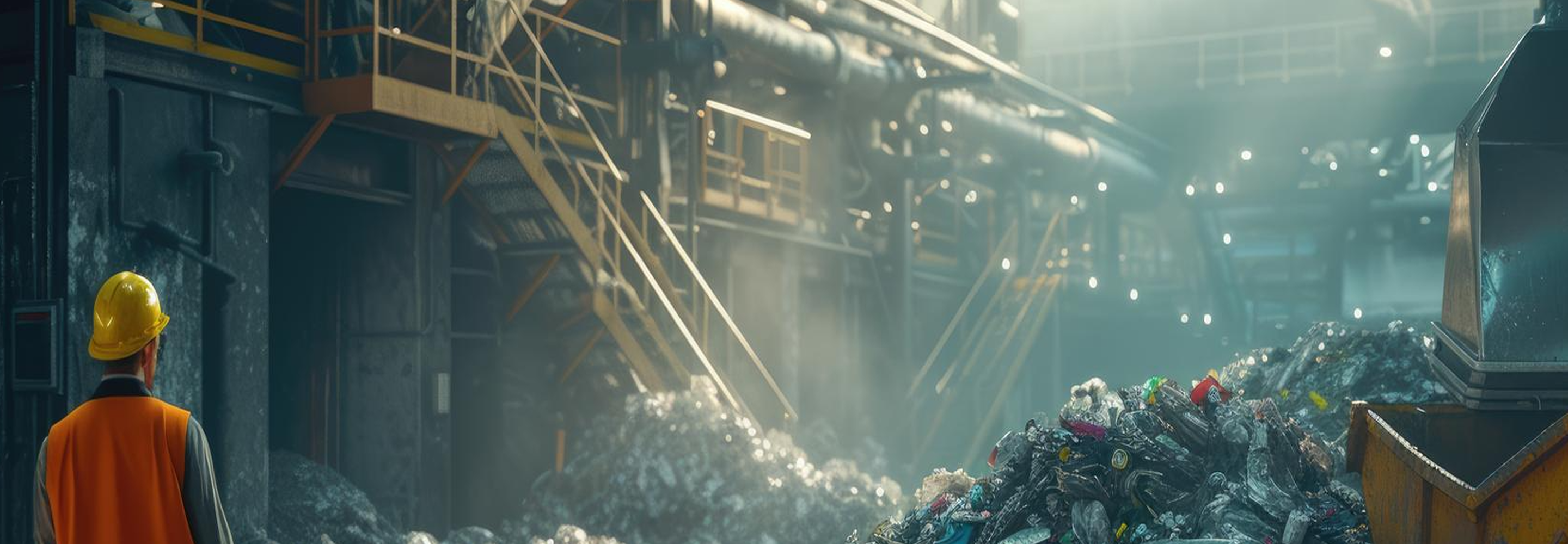
BLOG
POPULAR ARTICLES
HDPE Bags: A Comprehensive Guide to Versatility, Strength, and Sustainability
18 April, 2025
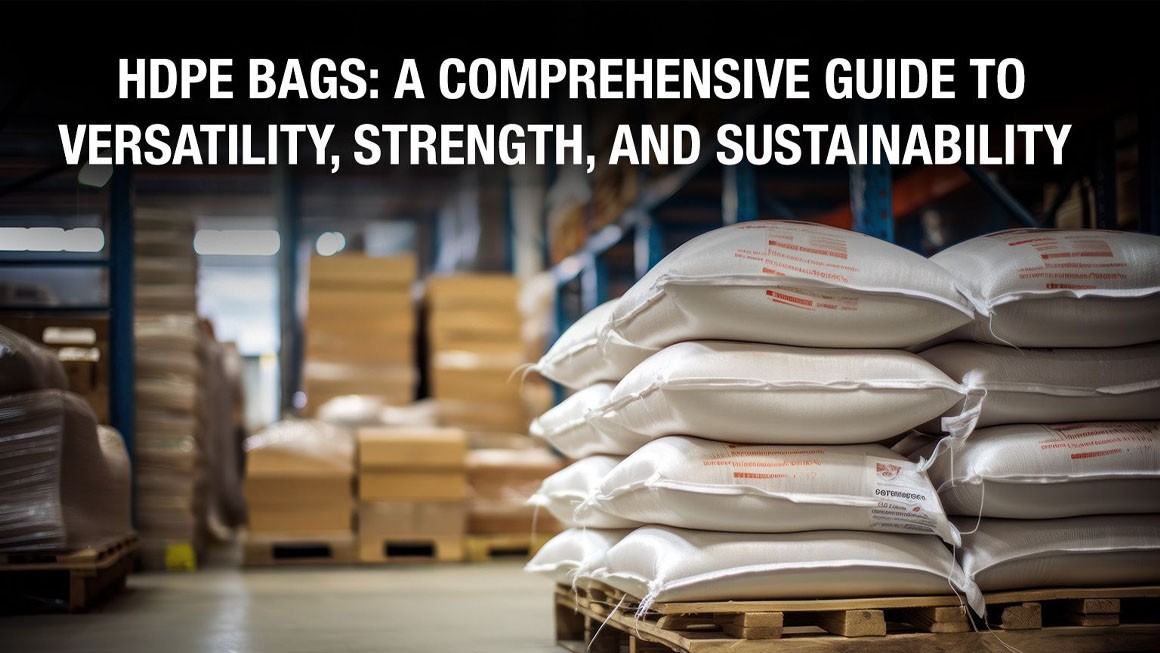
Description: High-Density Polyethylene (HDPE)
Ultra-robust (HDPE) stands as a leading synthetic material worldwide, cherished for its remarkable adaptability, toughness, and environmental benefits. This substance is essential in container manufacturing, specifically in crafting HDPE bags, mesh materials, and industrial storage solutions. Companies like Pashupati, renowned for their expertise in high-quality polymer products, lead the way in delivering reliable solutions for industries worldwide. Its internal arrangement of molecules, featuring densely packed crystalline segments, bestows HDPE with notable stiffness, protection against chemicals, and long-lasting performance. Various sectors including farming, merchandising, and building developments depend extensively on HDPE woven fabrics and containers for their storage and transport requirements.
These vessels combine minimal mass with impressive robustness, supporting substantial weights without damage or failure. Their ability to repel water and withstand various chemical compounds makes them even more valuable. Beyond pure utility, these Bags support green initiatives since they can be both processed for reuse and utilised multiple times, aligning with current environmental preservation goals. Market interest in HDPE bags, HDPE plastic bags, and containers keeps expanding thanks to their reasonable pricing and proven dependability, solidifying their status as a vital component in business and manufacturing operations.
Product Categories and Applications
The versatility of HDPE manifests in several key product lines, each designed to meet specific industry requirements and performance standards. As a trusted name in polymer manufacturing, Pashupati offers a broad range of HDPE products tailored to diverse applications.
1. Industrial Bag
These containers combine strands of HDPE into a mesh-like structure, delivering exceptional tensile strength. Manufacturing involves a sophisticated weaving process that creates a durable, cross-hatched pattern. Applications include:
- Agricultural storage for grains, seeds, and fertilisers
- Construction material containment for aggregates and cement
- Chemical storage solutions for non-corrosive substances
- Bulk material transportation in logistics and shipping
2. Standard Bag
Despite their minimal weight, these Bag offer remarkable durability. Their manufacturing process focuses on achieving optimal thickness-to-strength ratios. Primary applications include:
- Retail packaging for consumer goods
- Food storage and transportation
- Pharmaceutical product packaging
- General-purpose carrying solutions
3. Bespoke Solutions
Manufacturers, including Pashupati, recognised for its innovative approach, can tailor HDPE products to specific requirements, incorporating custom dimensions, branding elements, and colour schemes to meet varied market demands. The customisation process may include:
- Specialised coating applications
- Custom perforation patterns
- Integrated closure systems
- Specific transparency levels
- Enhanced printability features
Advanced Material Properties and Characteristics
HDPE containers exhibit remarkable structural integrity characteristics that make them invaluable across diverse applications. Their exceptional load-bearing capacity exceeds 50kg in standard configurations, whilst demonstrating superior resistance to tearing and puncturing. These containers maintain dimensional stability under varying loads and show minimal creep under sustained stress, ensuring reliable performance in demanding environments.
In terms of chemical resistance, HDPE containers offer comprehensive protection against various substances. They demonstrate immunity to most organic solvents, maintain stability when exposed to acids and bases, and provide reliable protection against oxidation. Their ability to remain stable in the presence of industrial chemicals makes them particularly valuable for hazardous material storage and transport applications.
Environmental performance represents another crucial aspect of HDPE containers. They provide outstanding moisture barrier properties, protecting contents from environmental exposure. With appropriate additives, these containers offer enhanced UV resistance and maintain stability across an impressive temperature range from -60°C to 120°C. Their weather resistance makes them particularly suitable for outdoor applications, ensuring longevity in exposed conditions.
Production advantages further enhance the appeal of HDPE containers. The manufacturing process enables efficient material utilisation whilst maintaining consistent quality in high-volume production scenarios. Adaptable manufacturing parameters allow for customisation to specific requirements, whilst cost-effective processing methods help maintain competitive pricing in the market.
Critical Production Considerations
Raw material selection plays a fundamental role in HDPE container manufacturing. The grade of HDPE raw material directly influences product performance through its molecular weight distribution, density specifications, melt flow characteristics, and additive compatibility. These factors must be carefully balanced to achieve desired end-product properties.
Production methodology selection requires careful consideration of multiple factors. Manufacturers must account for required production volume, target product specifications, available manufacturing infrastructure, and energy efficiency considerations. These elements collectively determine the most appropriate manufacturing approach for specific applications. Companies like Pashupati, with their strong focus on operational efficiency, excel at addressing these considerations to deliver high-quality HDPE solutions.
Quality control measures form an essential component of the production process. Manufacturing facilities implement rigorous quality assurance protocols including continuous monitoring of process parameters, regular material testing, product performance validation, and compliance verification. These measures ensure consistent product quality and reliability.
Environmental compliance has become increasingly important in modern manufacturing. Companies like Pashupati emphasise sustainability through recycled material incorporation, energy-efficient processing methods, comprehensive waste reduction strategies, and the use of eco-friendly additives. These practices help reduce environmental impact whilst meeting market demands for sustainable products.
Industry Trends and Future Developments
The HDPE bags manufacturer market continues to evolve through technological innovation. Advanced polymer blending techniques enhance material properties, whilst improved manufacturing efficiency drives production capabilities forward. Enhanced recycling capabilities and smart packaging integration represent emerging trends that shape the industry's future direction.
Market evolution reflects changing consumer and industrial needs. Growing demand for sustainable solutions drives product development, whilst increased customisation requirements push manufacturing capabilities. Expanding application sectors create new opportunities, and stricter regulatory compliance needs influence production standards and methods.
Environmental considerations increasingly influence industry development. Manufacturers like Pashupati focus on developing biodegradable additives and improving recycling processes to reduce environmental impact. Reduced carbon footprint initiatives guide operational decisions, whilst circular economy integration shapes long-term strategy. These environmental priorities continue to drive innovation and adaptation in the HDPE container industry.
Conclusion
HDPE bags represent a crucial advancement in packaging technology, balancing practicality with environmental responsibility. Their combination of strength, adaptability, and sustainability positions them as an increasingly important packaging solution across industries. As manufacturing techniques continue to evolve and environmental concerns grow, HDPE's role in sustainable packaging continues to expand, making it a strategic choice for forward-thinking businesses.
The ongoing development of HDPE manufacturing processes and applications demonstrates the material's enduring significance in modern industry. Through continued innovation and adaptation to emerging market needs, HDPE woven fabrics, PP HDPE woven sacks, and other products from leading manufacturers like Pashupati will likely maintain their position as essential components in the global packaging landscape.
RECENT BLOGS

